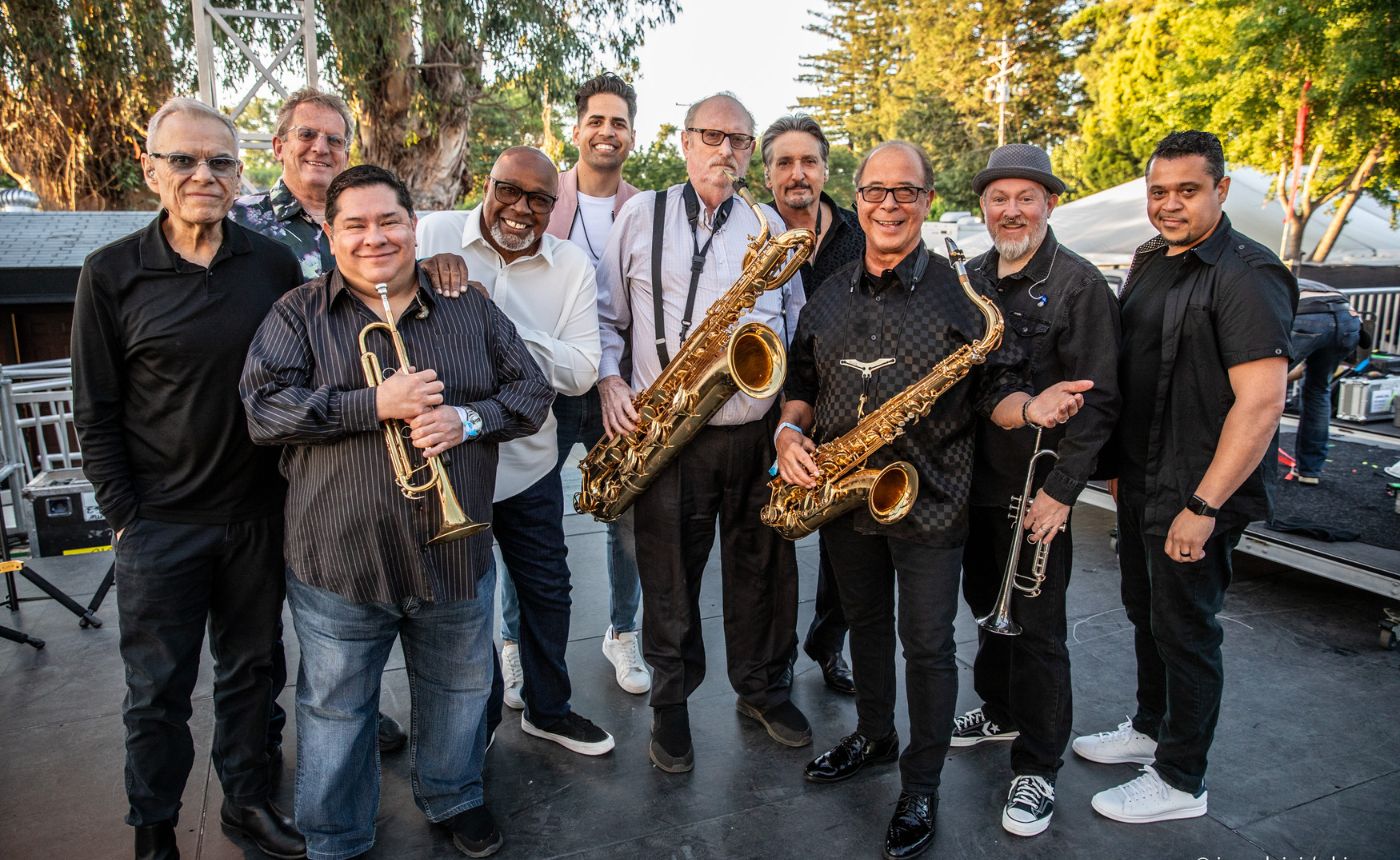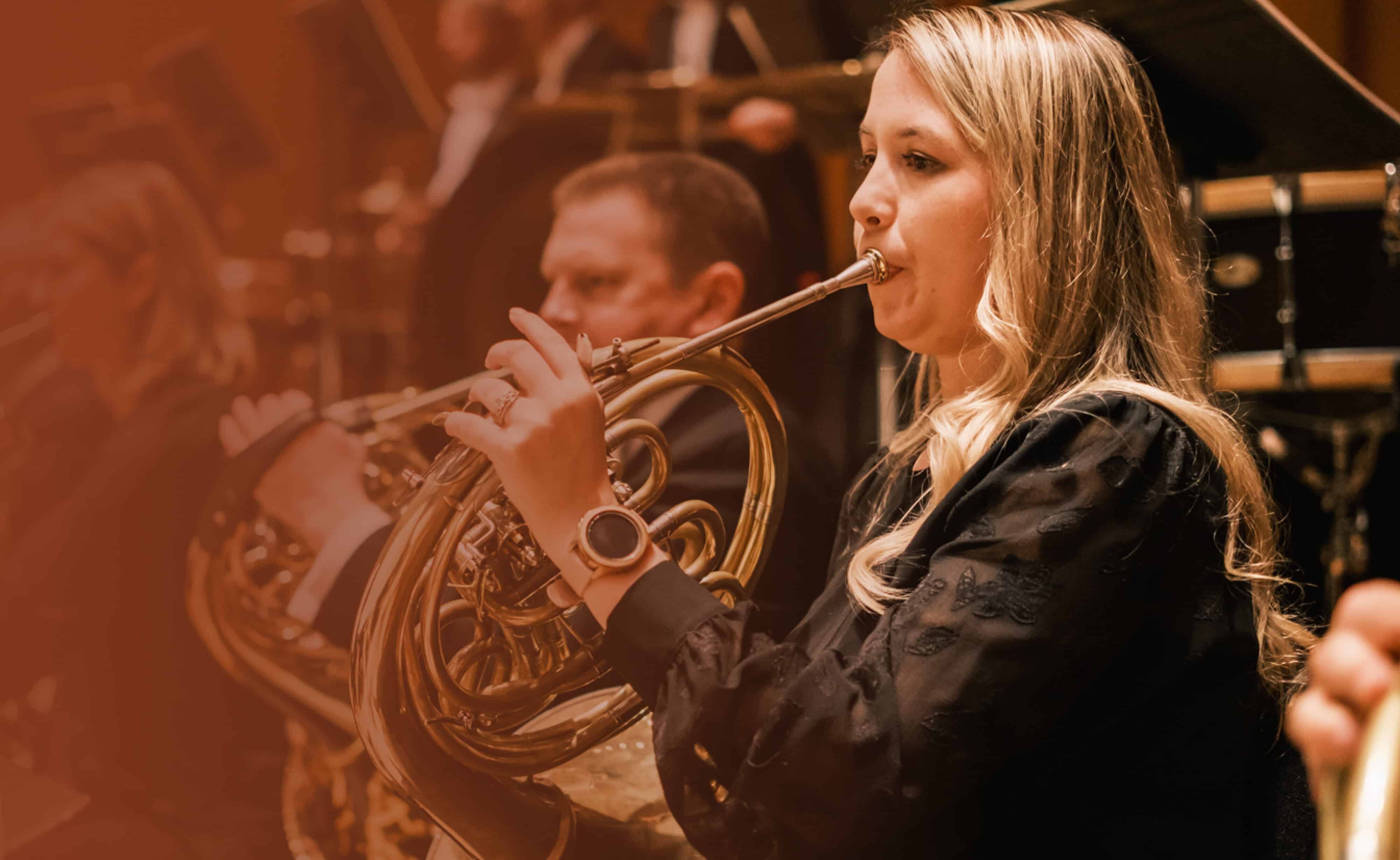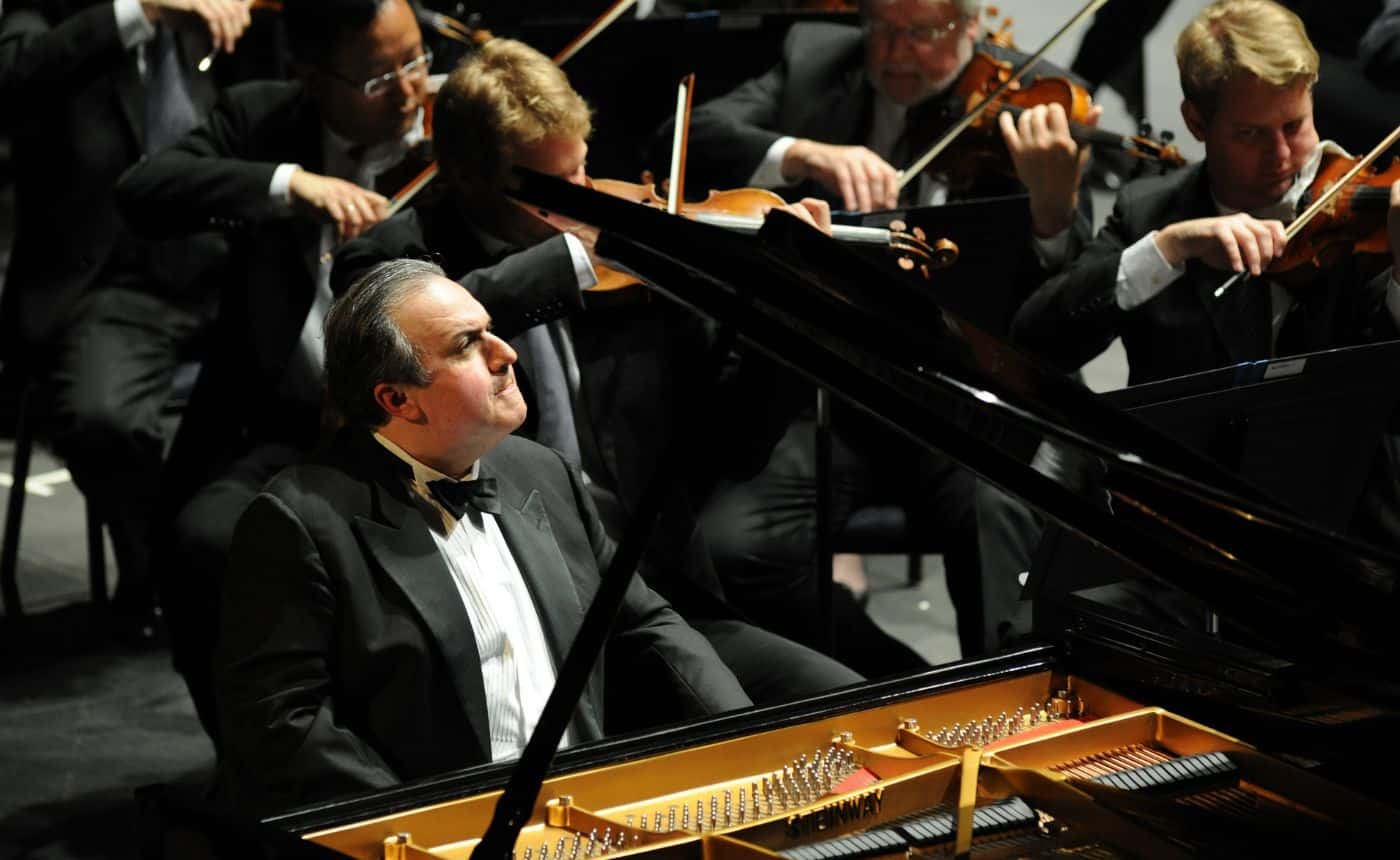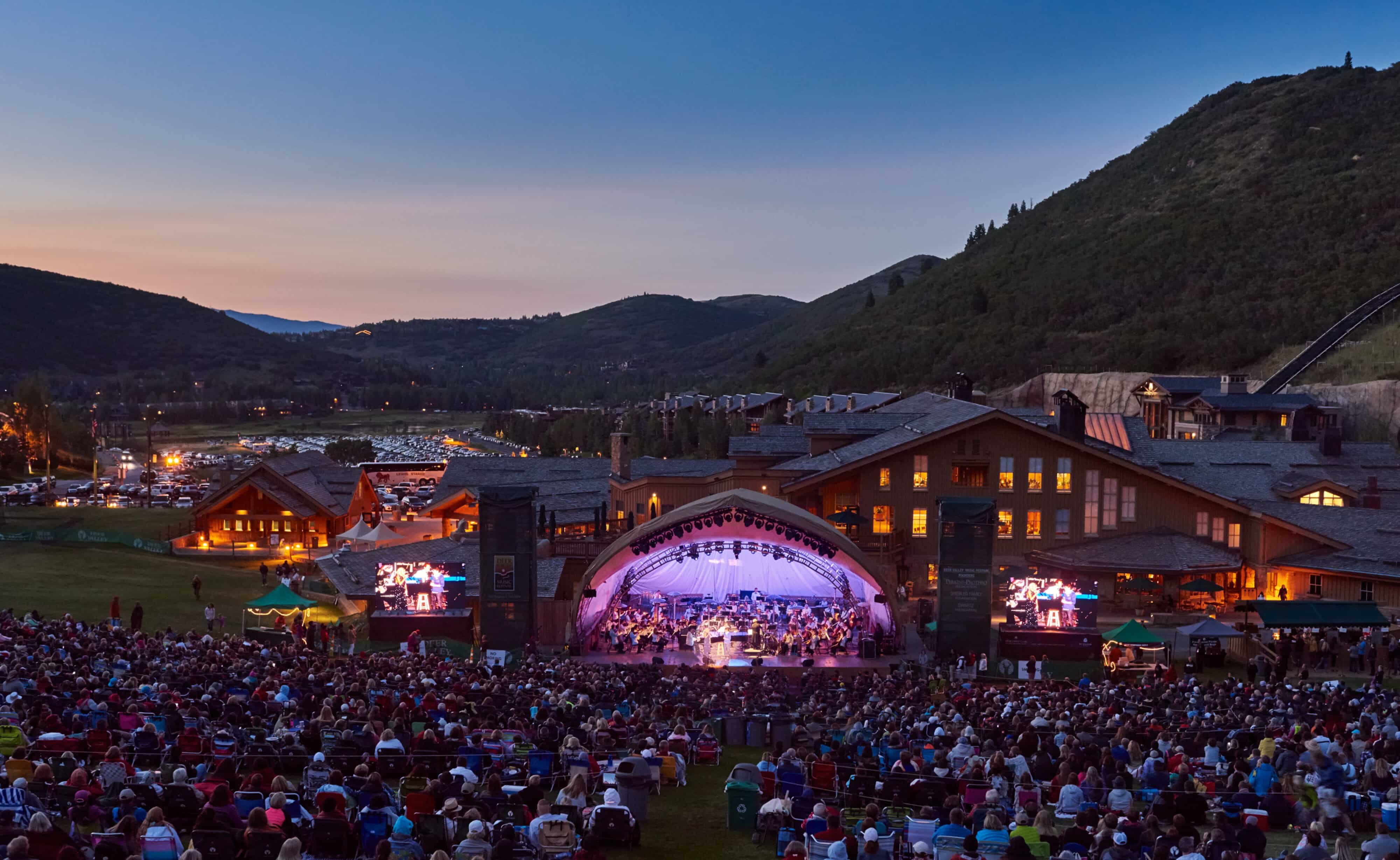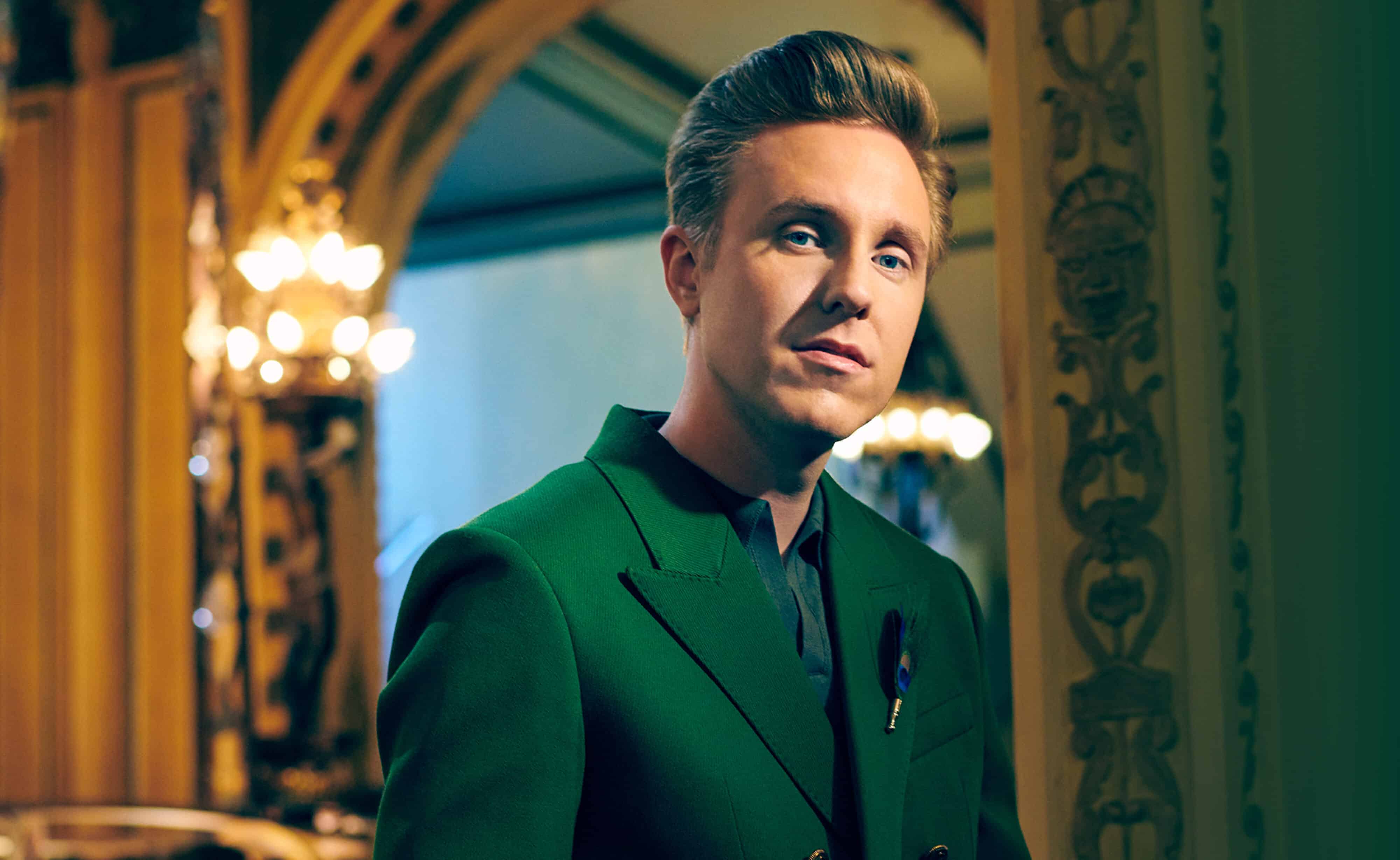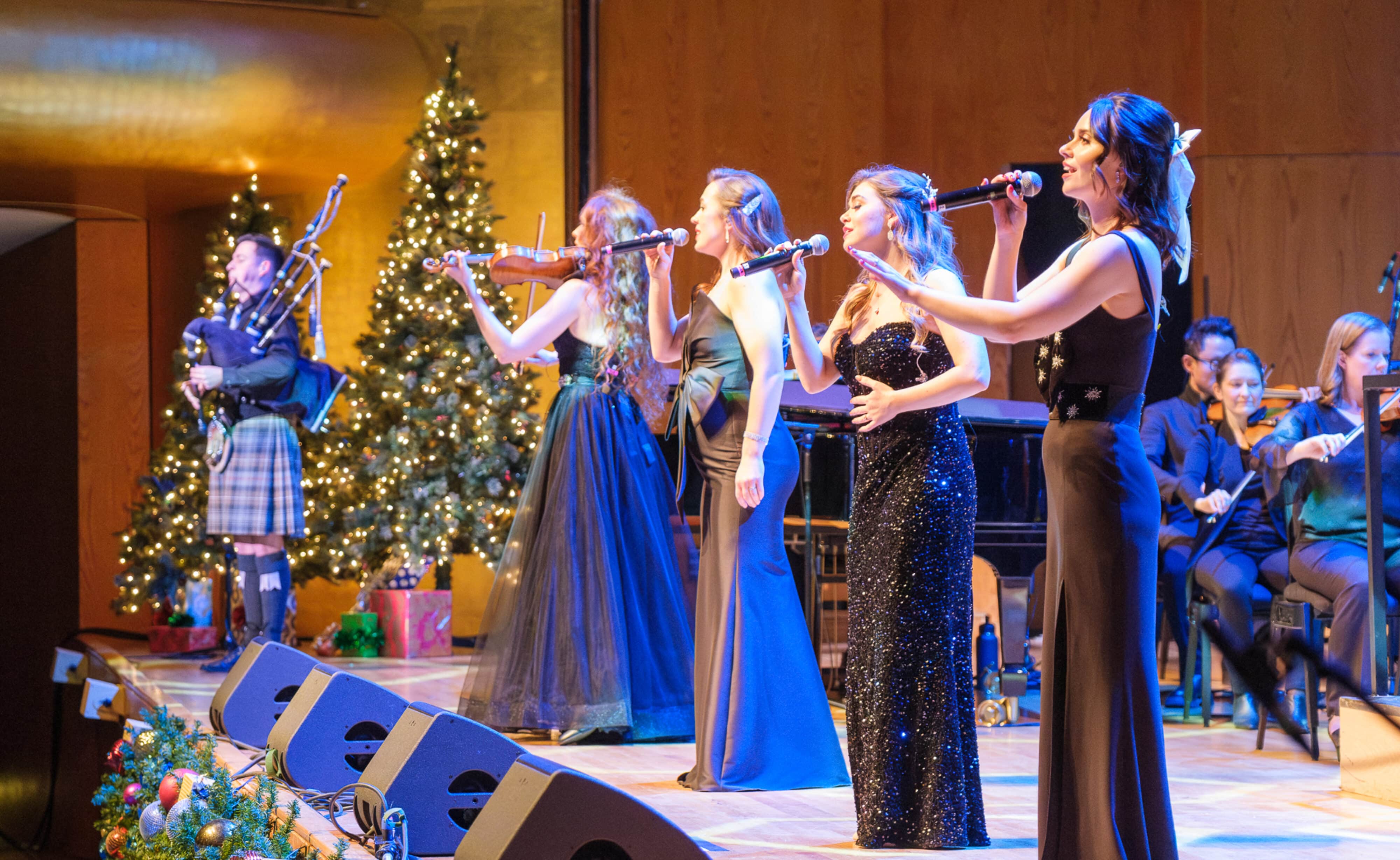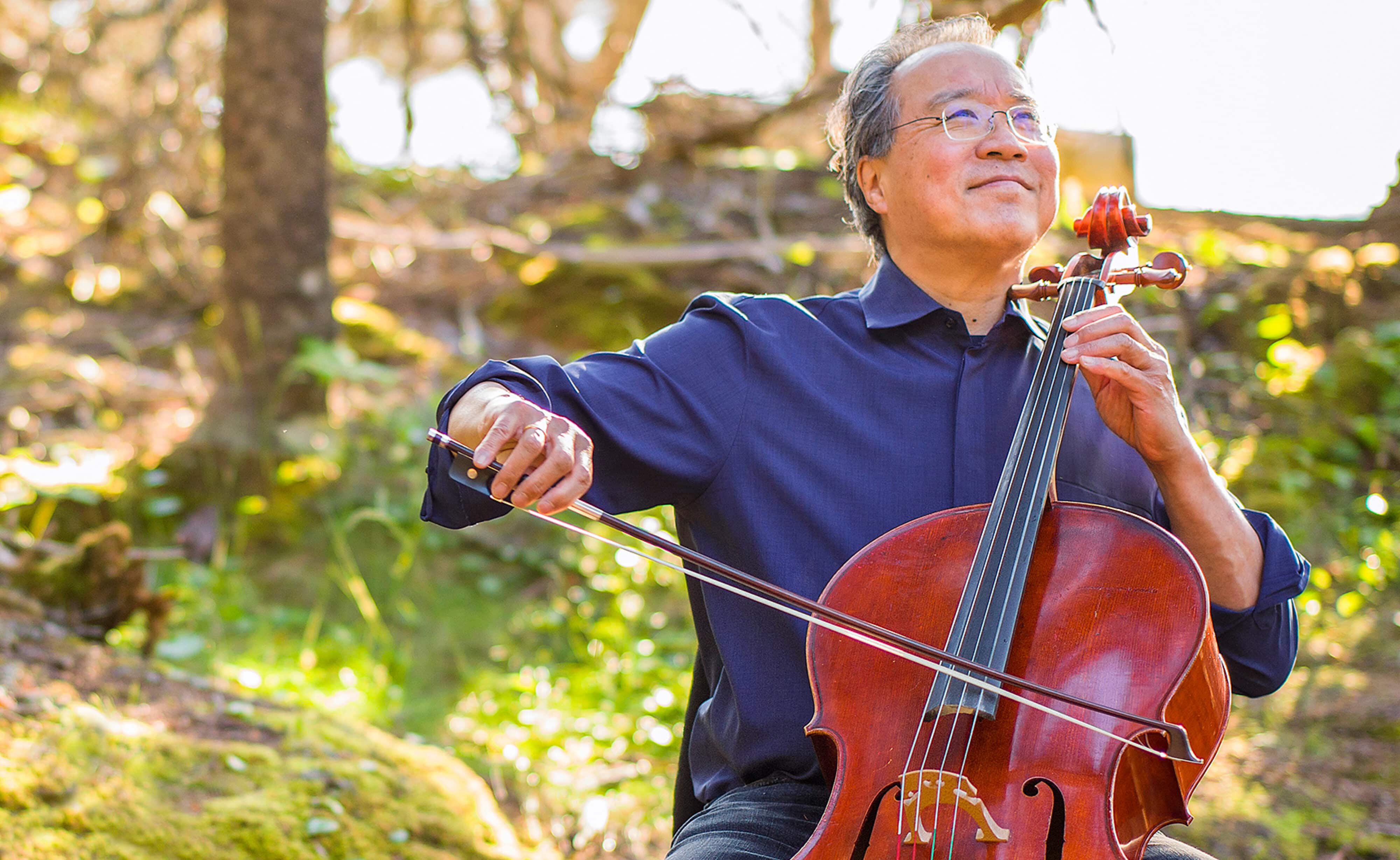Tchaikovsky – Symphony No. 2 in C Minor, op. 17 (“Little Russian”)
Written by Jeff Counts
Instrumentation: 2 flutes, piccolo, 2 oboes, 2 clarinets, 2 bassoons, 4 horns, 2 trumpets, 3 trombones, tuba, timpani, bass drum, cymbals, tam-tam, strings
Duration: 32 minutes in four movements.
THE COMPOSER – PIOTR ILYCH TCHAIKOVSKY (1840-1893) – Tchaikovsky was on summer vacation in the Ukraine when he began work on his 2nd Symphony in 1872. His letters from that year show that he was excited about the piece and progressing nicely but that it required his undivided attention. To his father in December he wrote, “My new symphony…thank God, is finished” and later added “…I am now resting.”
THE MUSIC – Tchaikovsky was particularly affected by the folk music of the Ukraine (known in those Czarist days as “Little Russia”). Though he used folk music on occasion in his symphonic creations, he never did so as thoroughly as in the 2nd Symphony. Three of the four movements quote folksongs literally. “Down the Mother Volga” is used in the first, “Spin, O My Spinner” in the second with “The Crane” serving as the theme for a set of highly creative variations in the fourth. The premiere met with considerable success for Tchaikovsky, who reacted with equally considerable modesty, even giving credit (for the popular “Crane” sections) to the elderly steward who hummed it constantly while the composer worked. Some of his reluctance to fully acknowledge the public adoration of the piece might have been due to his own growing harsh judgment of it. He revised it extensively in 1879 and hoped to “turn this immature and mediocre symphony into a good one.” The first movement was essentially re-composed, the scherzo re-orchestrated and the finale shortened significantly. The Symphony received its second “premiere” in 1881 and enjoyed a similarly positive reaction from the audience. More importantly, Tchaikovsky was finally happy with it. In an interesting and fortunate twist of fate, the full score of the original version was never published thanks to some initially frustrating delays, delays that ultimately allowed Tchaikovsky to keep the earlier (and according to him, lesser) version to himself.
THE WORLD – Among the successfully published in 1872 was Through the Looking Glass by Lewis Carroll. Also in that year, Yellowstone National Park was founded, Ulysses S. Grant was re-elected and King Kamehameha V died in Hawai’i, ending the 62-year reign of his House.




